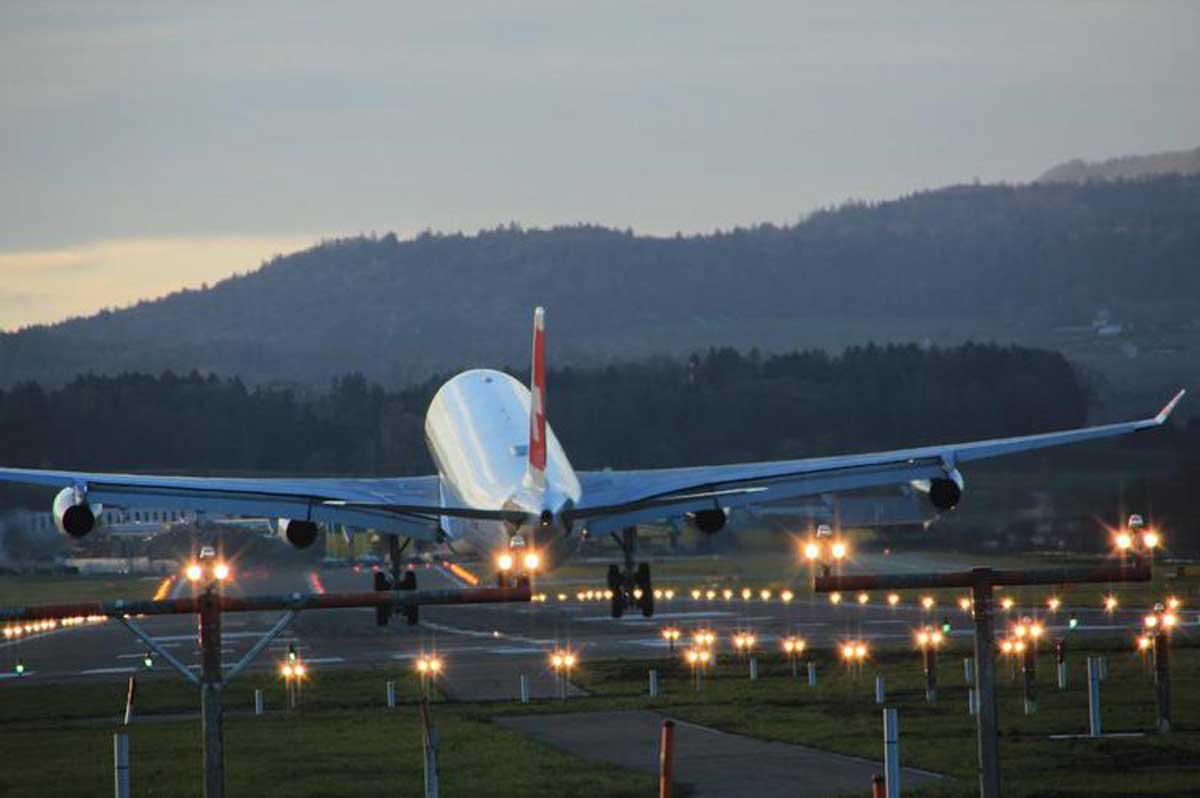This year, the Best Airport Awards honored airports for their outstanding achievements in their recovery from the COVID-19 pandemic and for their successful transformation due to unprecedented growth in passenger traffic. All airports were divided into five groups by size.
The winners of the annual ACI Europe Best Airport Awards were announced during the ACI Europe 32nd Annual Congress and General Assembly Gala Dinner, held in Rome and hosted by Rome Airport.
In recognition of airports’ efforts in key areas, awards were also given for environmental innovation, excellence in human resource management, and a digital transformation award.
This year the jury included representatives of the European Commission, Eurocontrol, the joint project on air traffic management in Europe SESAR, the International Transport Forum, and the European Civil Aviation Conference ECAC.
In the category up to 5 million passengers
The under 5 million passengers award was given to La Palma Airport for its consistent performance not only during the COVID-19 crisis but also during the Cumbre Vieja volcanic eruption, and to Turin Airport for its recovery from the pandemic and work on innovation and sustainable development.
In the category of 5-10 million passengers
The 5-10 million passengers award went to Valencia Airport. The jury highlighted the operations undertaken to combat the pandemic, including cargo and medical flights. Valencia Airport is also a pioneer of SAF’s sustainable fuel, being a test airport for Aena’s collaboration with BP.
Eindhoven Airport is also highly rated in this category.
Category 10–25 million passengers
This year, the award in the 10-25 million passengers category was awarded to Porto Airport. The airport has been praised for its impressive post-pandemic recovery and climate action. The airport has implemented initiatives such as rainwater harvesting, water footprint reduction, and organic waste collection.
Category 25–40 million passengers
The winner in the 25-40 million passenger category was Vienna International Airport. The Austrian air harbor has taken the opportunity, initially provided by the pandemic, to modernize and innovate. Terminal 2 has been refurbished and reopened, while the lounge has been refurbished to provide passengers with smart lounges and sleeping compartments. The airport’s sustainability commitment has also been praised, with Vienna Airport aiming to become carbon neutral by 2023 and zero by 2035.
Athens Airport is also highly rated in this category.
Category with more than 40 million passengers
This year’s award in the Over 40 Million Passengers category went to Rome Fiumicino Airport in recognition of its leading position among the continent’s transport hubs. Rome Hub is a leader in sustainability, being the first European airport to achieve Level 4+ of the Carbon Airport Accreditation Program. Innovation standards are set at a very high level with an ambitious innovation plan to drive digital transformation, as well as the opening of a new Aviation Innovation Center, collaboration with key stakeholders, and a focus on local business development.
Istanbul’s main airport was also highly rated in this category.
This year’s Digital Transformation winner is London City Airport. The UK hub has been recognized as a pioneer in deploying a digital ATC tower, a SESAR solution, at such a large airport. The project was completed in just four years.
This year, the Human Resources Excellence Award was given to Istanbul International Airport for the overall strategy and many initiatives implemented during the second year of the COVID-19 pandemic and its recovery. The cornerstone of the strategy was regular meetings with employees and listening carefully to their feedback and needs.

